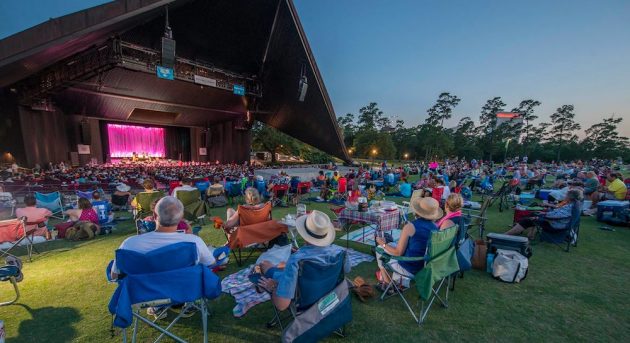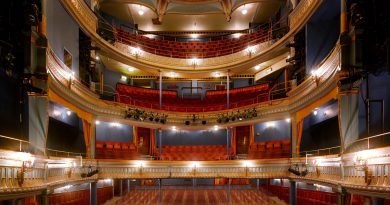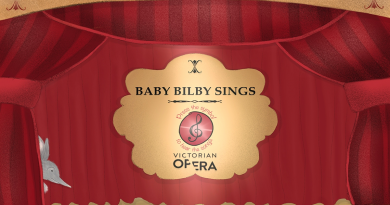Applauding the outdoor theatre
Outdoor productions open doors to new artistic challenges and their inventiveness can create an intimate, informal atmosphere, amazing stage sets and the opportunity for picnics. There is a sense of family and community. Perhaps the audience may take their fold-up chair, or move the one’s provided around, creating their own higgledy-piggledy outdoor auditorium.

These backdrops offer a great opportunity for the creativity and innovation of the set designers to find expression. Or perhaps a troop decide to keep the scenery to a minimum and let the backdrop speak for itself. Macbeth with a ruined abbey as a backdrop definitely adds to the sense of drama. A stary night adding to the sinister nature here, or the intimate magic there.
Often the audiences can wander around the grounds of the venue before the play starts and during the interval, which can add gravitas to the occasion. It can feel like a private visit, with a play put on especially for you!
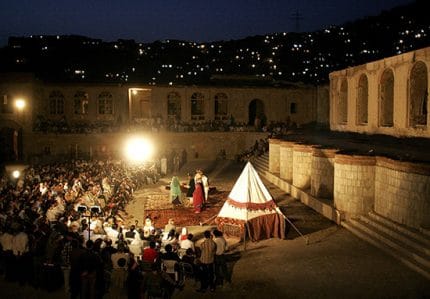
Unlike some parts of Australia, in northern and western Europe the weather is very unpredictable and it can rain on your parade, or performance, and a group of performers can end up playing to empty deck chairs. Chepstow Castle in Wales is one of the earliest stone built castles in Britain. Dating back to 1067 it’s a brilliantly atmospheric venue for open-air theatre. But all too often rain provided a wet blanket (pun intended), so a local team erected a large, high tent-like cover. Now the audience no longer needs to take along umbrellas, but they don’t have their sense of being outdoors taken away.
Then there is the risk of nature getting in on the act. As the evening moves on and the play gets underway, and the audience engages so pigeons, gulls and other birds often engage as well. They call to each other and fly overhead, perhaps checking for picnic remains. Gulls, in particular, can be noisy and invasive, but usually, the wildlife adds to the occasion – making further unscripted additions to the story! This can again call upon the improvisation and skill of the actors, such as one performance of “Much Ado About Nothing” in Glastonbury Abbey – when two ducks waddled towards the “stage” not noticing they had stolen the limelight. The actors included them in the play to great hilarity. A unique performance no one will forget.
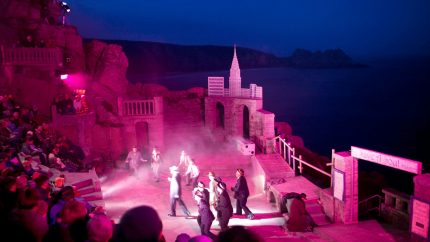
That was an impromptu moment with Illyria Open-Air Touring Theatre. When Illyria started their open-air tours, almost 30 years ago, they put on almost exclusively Shakespearian plays. Today they tour throughout the UK, parts of mainland Europe, the United States and Canada. They claim to have given more performances to people across a wider area than any other touring theatre company. Not just Shakespeare, but many classics find their way into their repertoire today, from plucking out the humour of Jane Austin to a Gilbert and Sullivan opera.
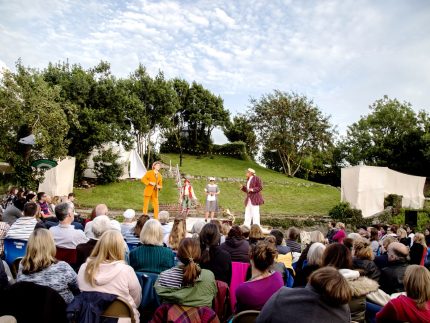
There is, therefore, an intimacy, because the actors are right there, the stage is small and temporary. Almost like a conspiracy between performers and the audience, as all enter a magical spot in the special venue together and enjoy a stolen few hours together. And it’s a live performance, where anything can happen – wind, rain, ducks, even an excited child, as performers and audience fuse.
So there are pros and cons to outdoor theatre for both the performer and the audience. But perhaps one last pro for now; in a time of social distancing what better way to enjoy theatre, find work for the struggling business or actor, and adhere to social distancing?

